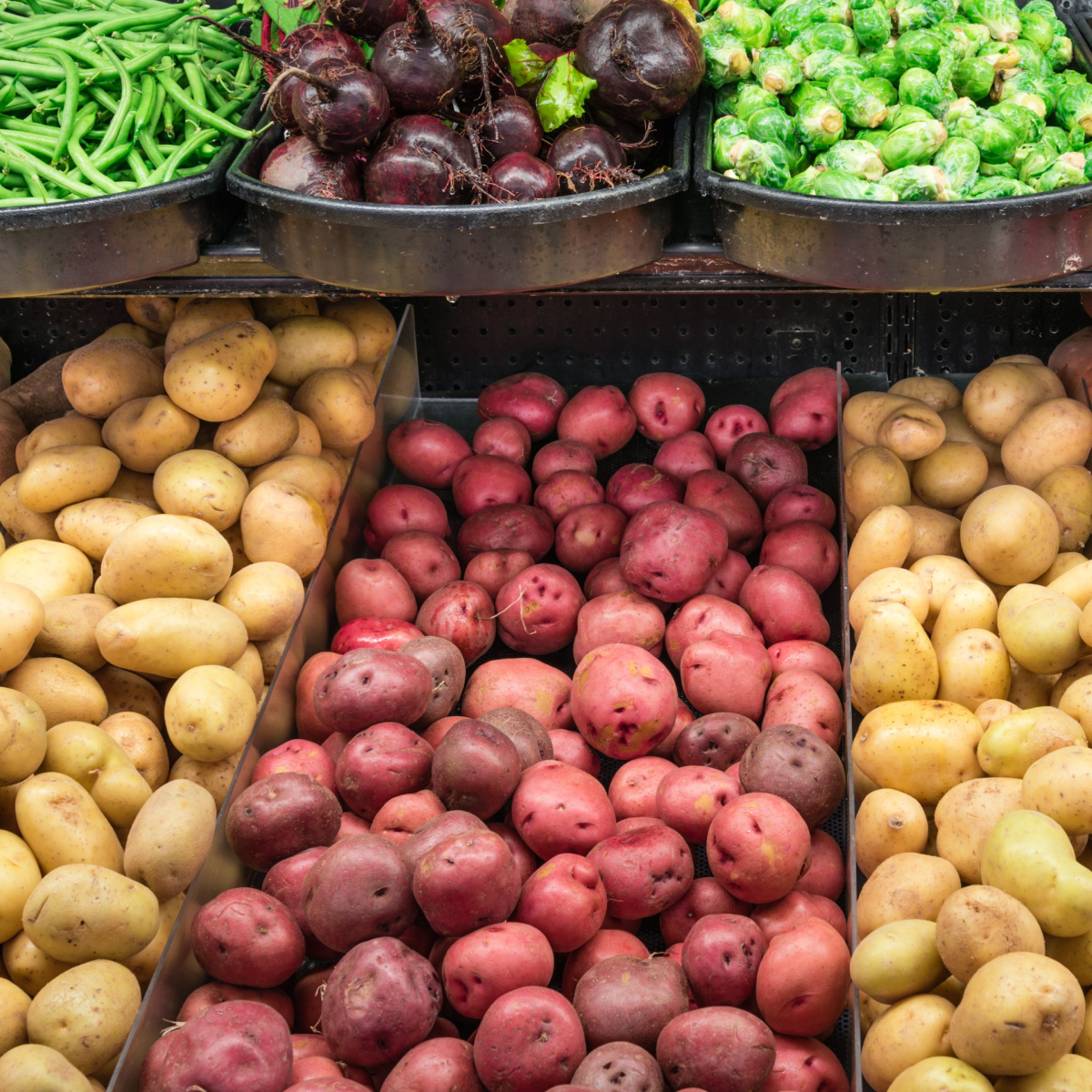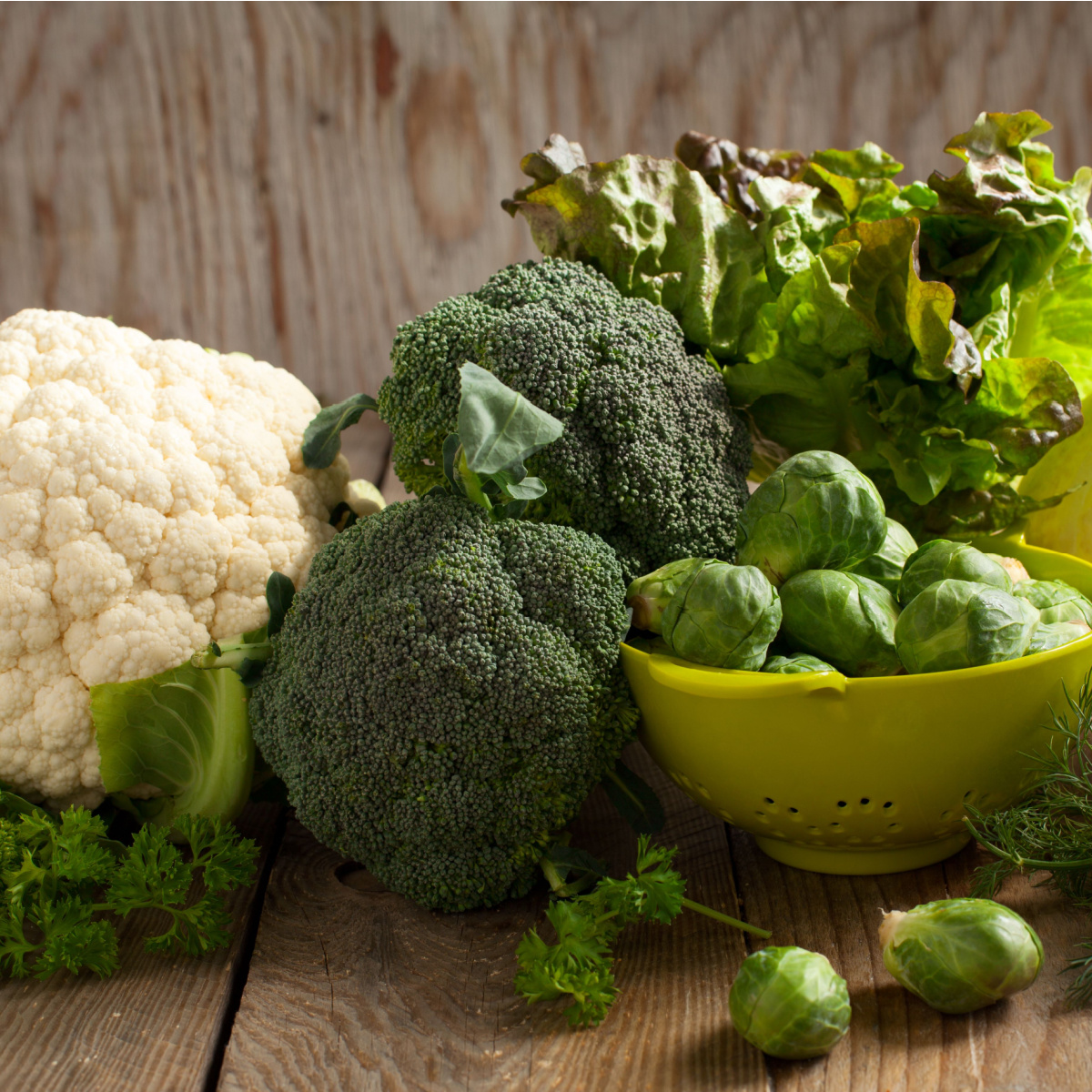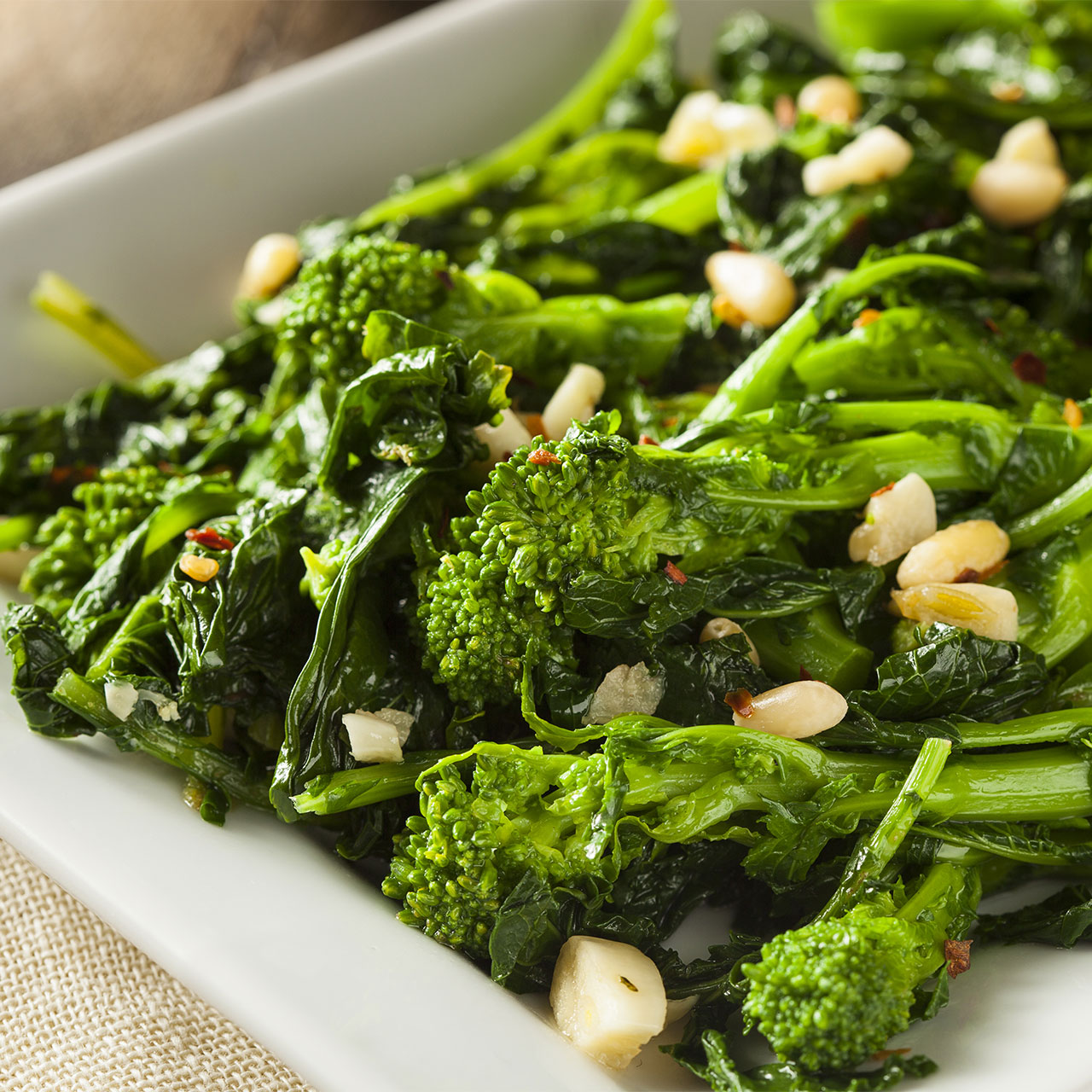Vegetables have long been hailed as an essential component of a balanced and nutritious diet, boasting a wide range of health benefits. Packed with essential vitamins, minerals, and dietary fiber, they play a crucial role in supporting overall well-being. However, as experts delve into the realm of weight loss, a specific type of vegetable has come under scrutiny, raising questions about its potential impact on weight management goals. In this exploration, we uncover the potential relationship between this specific type of veggie and its influence on weight loss efforts.
We spoke with Liz Keller, MS, CNS at Well-Choices.com to find out about this one type of vegetable that could be adding weight to your body. She revealed that starchy vegetables are the ones to eliminate from our diet when it comes to weight loss.


Starchy Vegetables
Starchy vegetables, while nutritious and delicious, can have an impact on weight management due to their higher carbohydrate content. While they offer essential vitamins, minerals, and dietary fiber, they also contain more carbohydrates than non-starchy vegetables. These carbohydrates can contribute to an increase in blood sugar levels, potentially leading to insulin spikes and subsequent fat storage.
"Starchy vegetables, such as potatoes, sweet potatoes, corn, and peas, could potentially lead to weight gain when consumed in large quantities or prepared with high-calorie toppings or cooking methods. Starchy vegetables tend to be more calorie-dense compared to non-starchy vegetables like leafy greens and cruciferous vegetables. Consuming large portions of starchy vegetables can contribute to a higher calorie intake, which may hinder weight loss efforts if not adequately balanced with other nutrients," Keller states regarding the caloric density of starchy vegetables.
Starchy vegetables contain higher levels of carbohydrates, which, when consumed in significant amounts, can result in fluctuations in blood sugar levels. These fluctuations may prompt increased feelings of hunger and cravings for calorie-dense foods. Being mindful of the quantity of starchy vegetables consumed can help regulate blood sugar levels and reduce the likelihood of experiencing excessive hunger and unhealthy food cravings.
Keller also points out that the way we prepare starchy vegetables can make a lot of difference for our weight. "The way starchy vegetables are prepared can significantly impact their effect on weight. Frying, mashing with butter and cream, or serving them in large portions with high-calorie sauces can add excess calories," she says.

Healthier Alternatives
Incorporating a variety of healthier alternatives to starchy vegetables is a fantastic way to diversify our diets and support our health goals. Non-starchy vegetables offer an abundance of essential nutrients, vitamins, and minerals without the same impact on blood sugar levels as starchy counterparts.
Keller recommends we go for less starchy vegetables such as leafy greens (spinach, kale, arugula), cruciferous vegetables (broccoli, cauliflower, Brussels sprouts), and others (cucumbers, zucchini, bell peppers). These vegetables are lower in calories and carbohydrates. She also reminds us that while we can still eat starchy vegetables, it's important to remember portion controls, cooking methods, and extra toppings we might add to them.
"Enjoy starchy vegetables in moderation and balance them with other nutrient-dense foods like lean proteins, healthy fats, and non-starchy vegetables. Instead of frying, opt for baking, steaming, grilling, or roasting starchy vegetables to reduce the need for added fats and calories. Choose lighter toppings such as herbs, spices, lemon juice, or a drizzle of olive oil instead of high-calorie sauces or dressings."


























